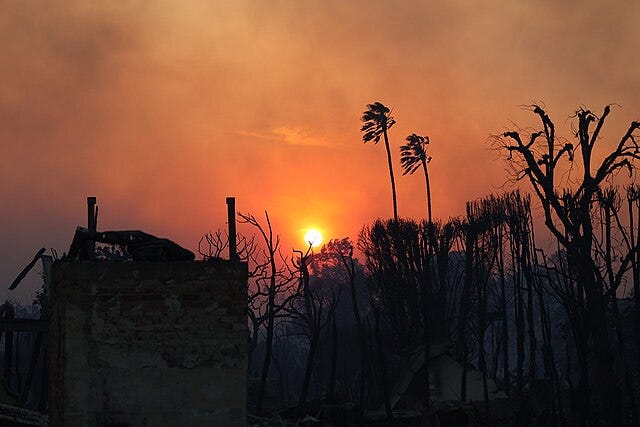No Matter How Much You Lose, You'll Always Have Your Story
The necessary consolation of narrative that we all carry with us
Keep reading with a 7-day free trial
Subscribe to Aimee Liu's MFA Lore to keep reading this post and get 7 days of free access to the full post archives.





